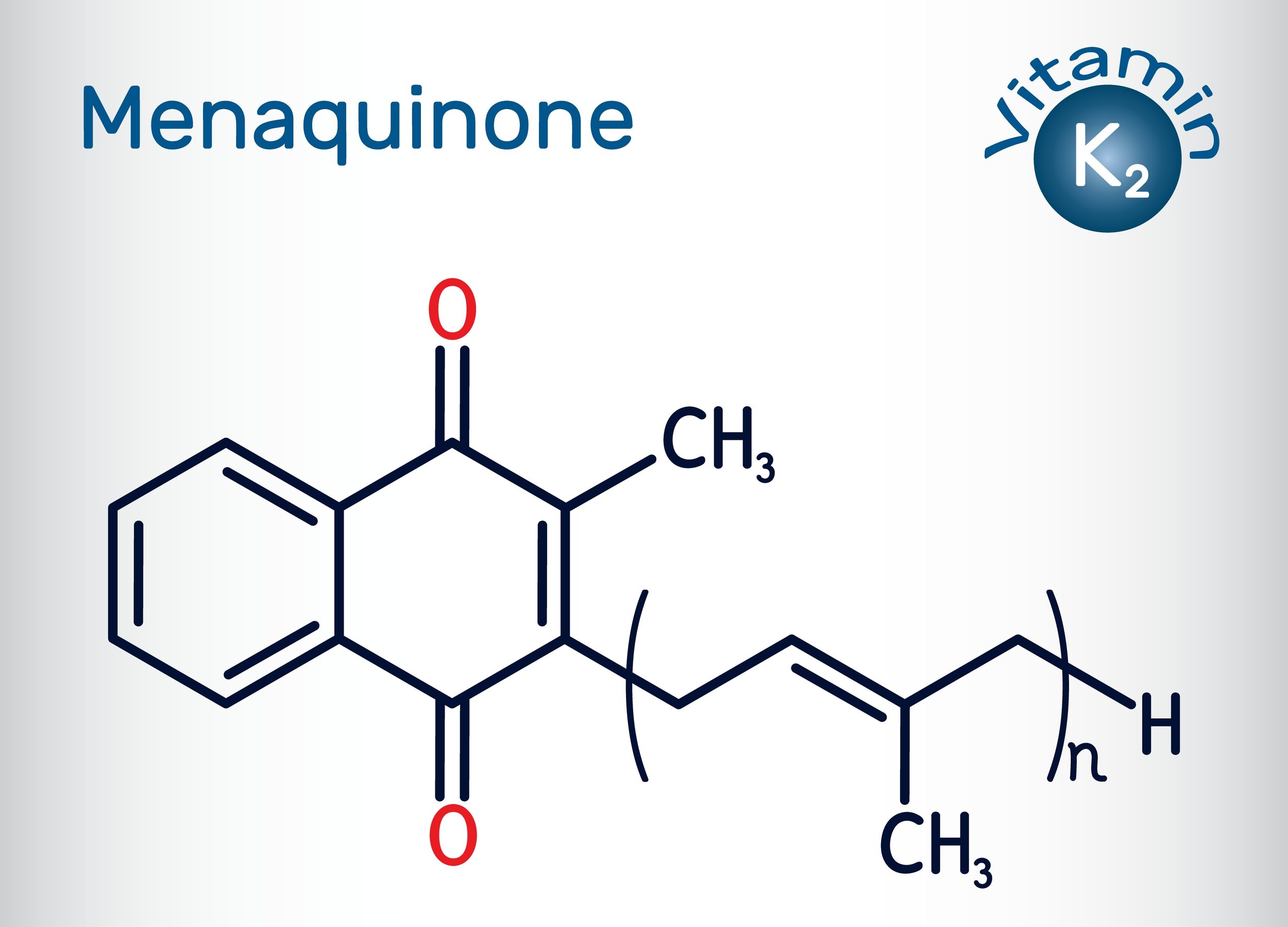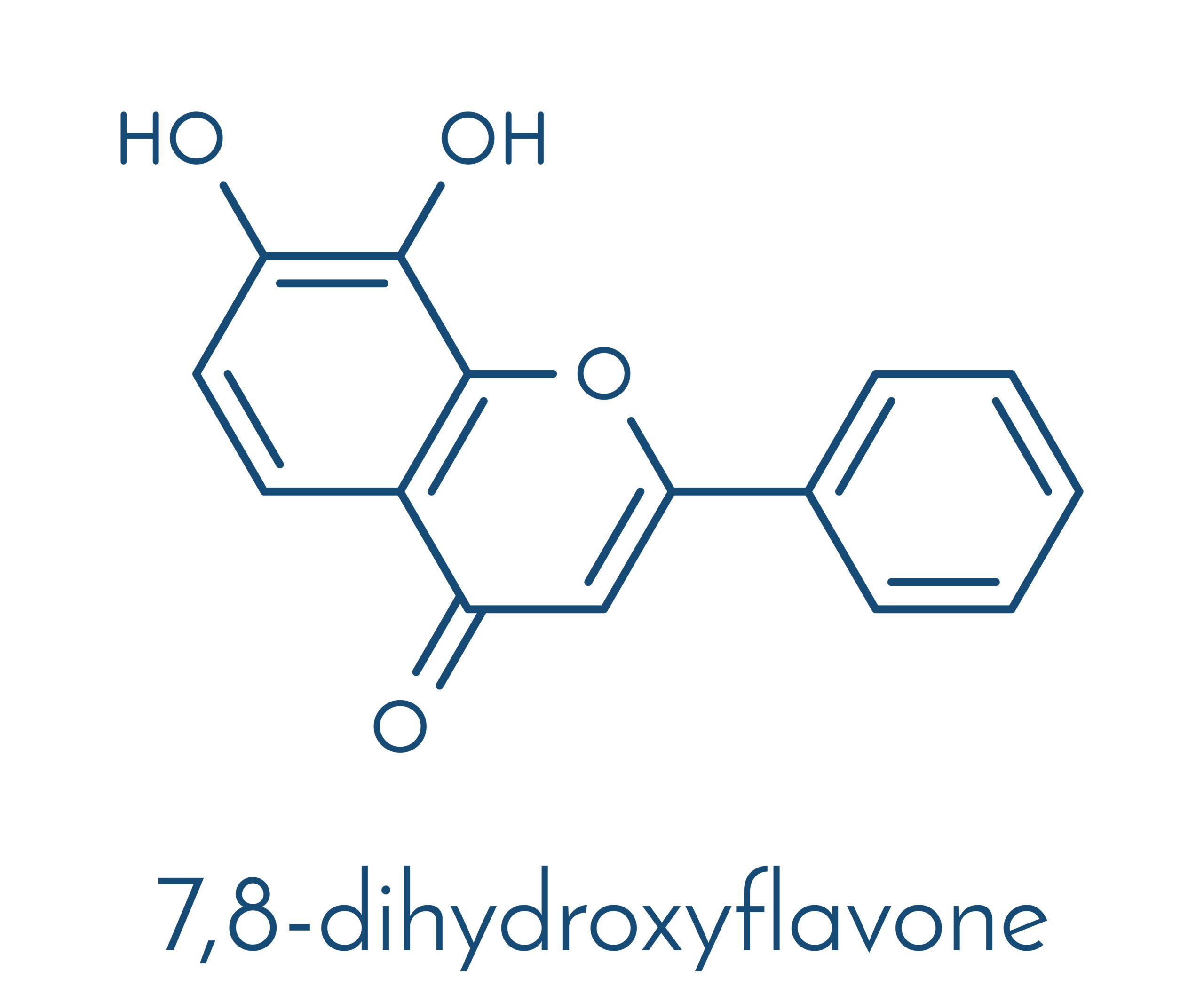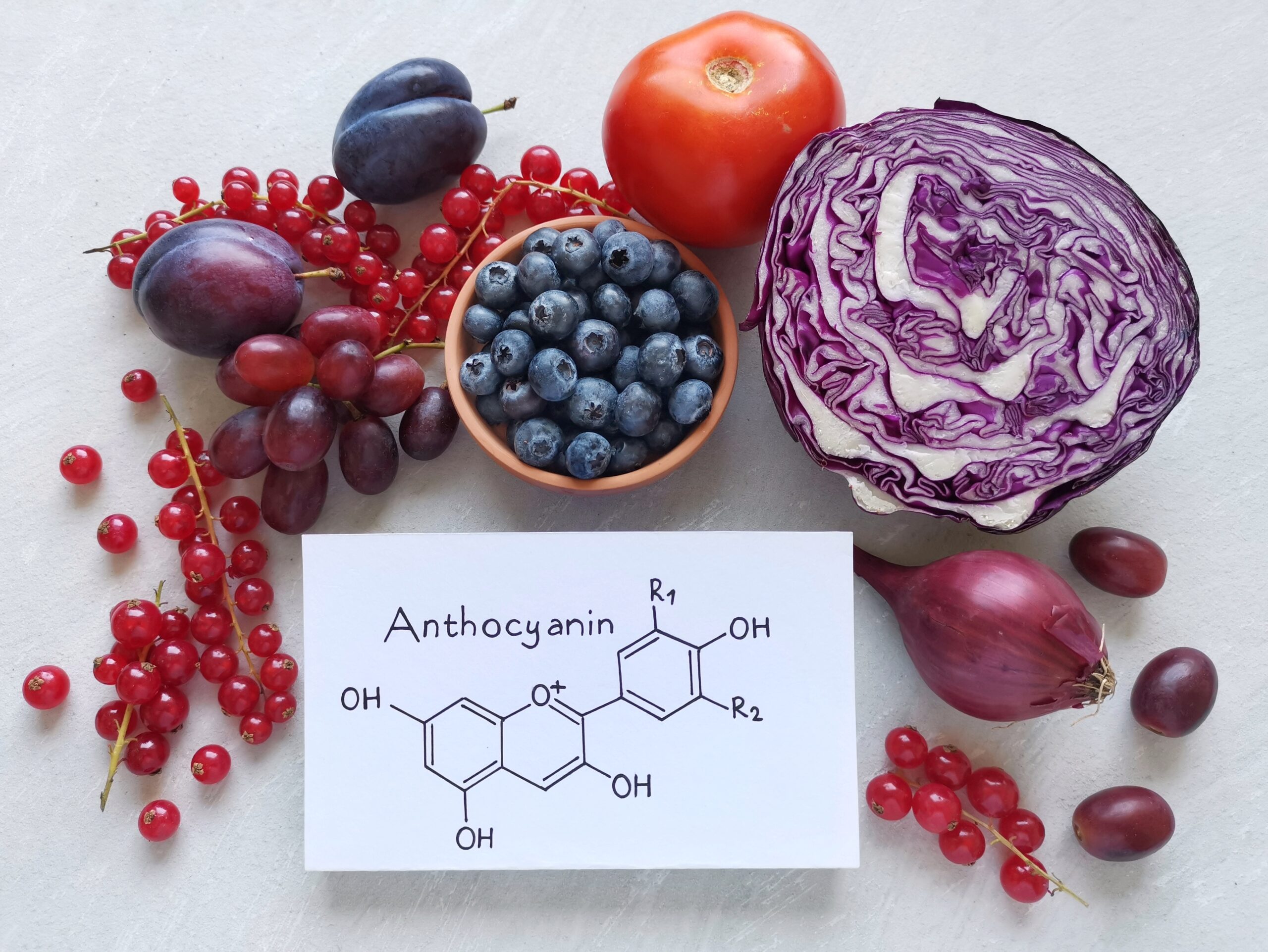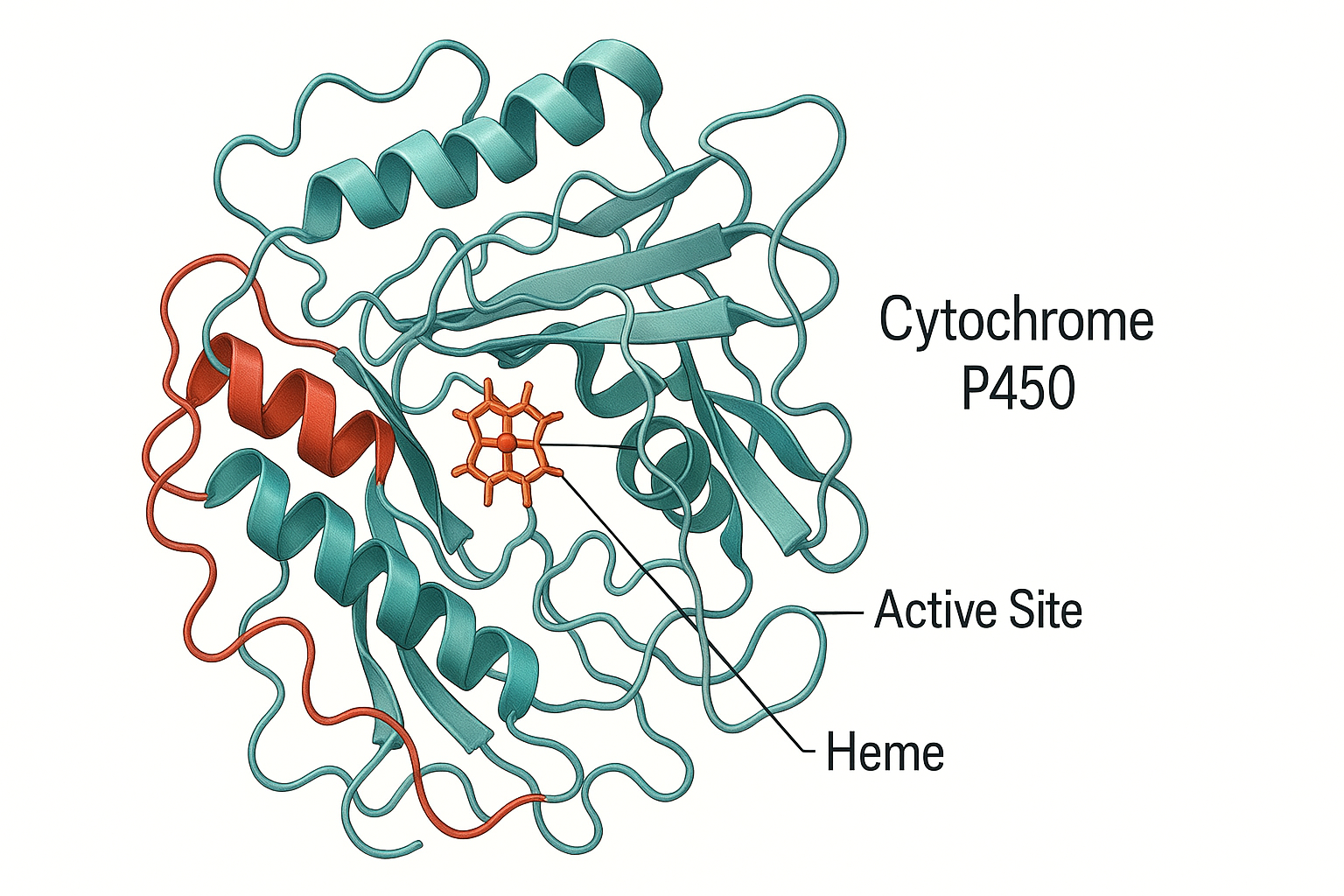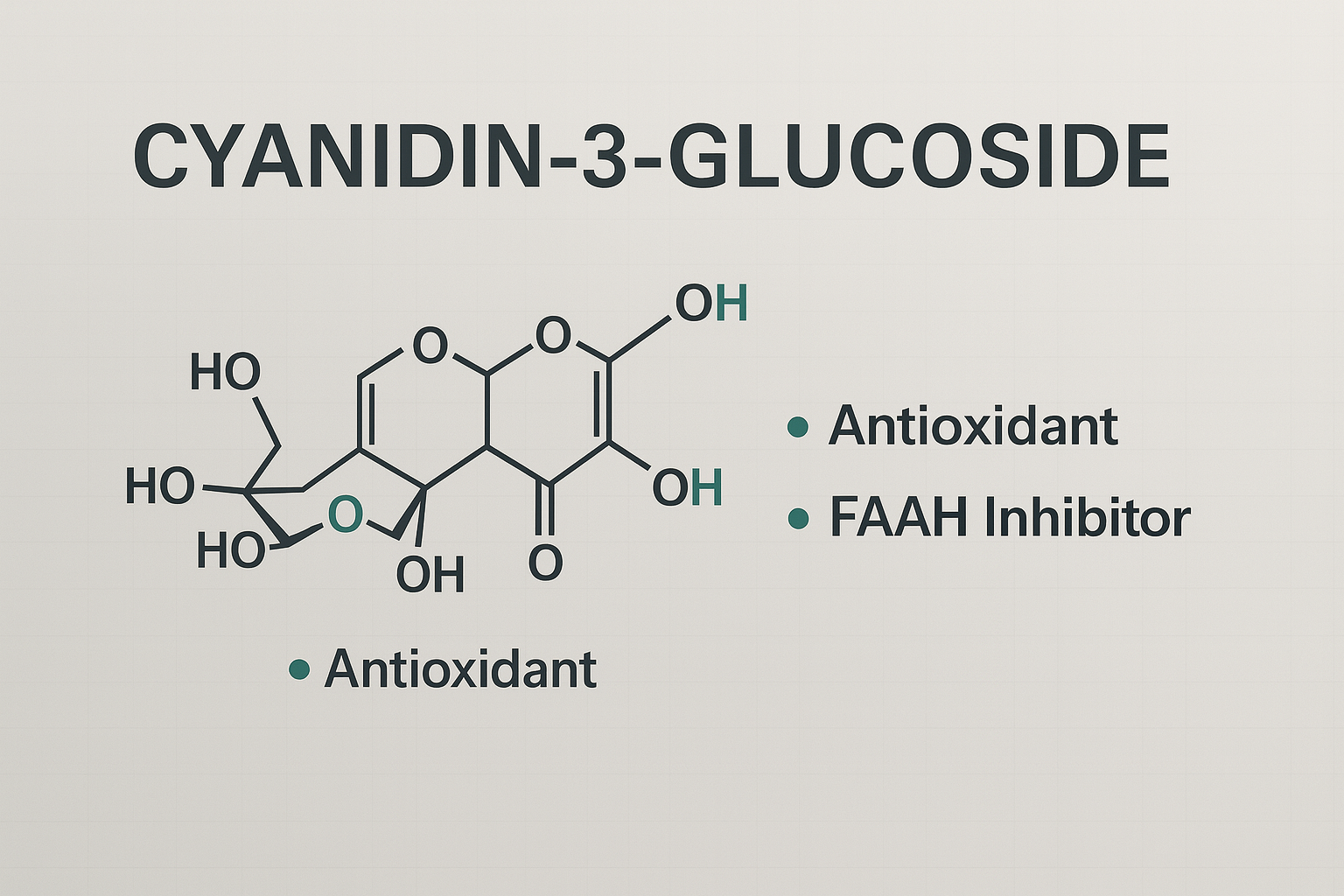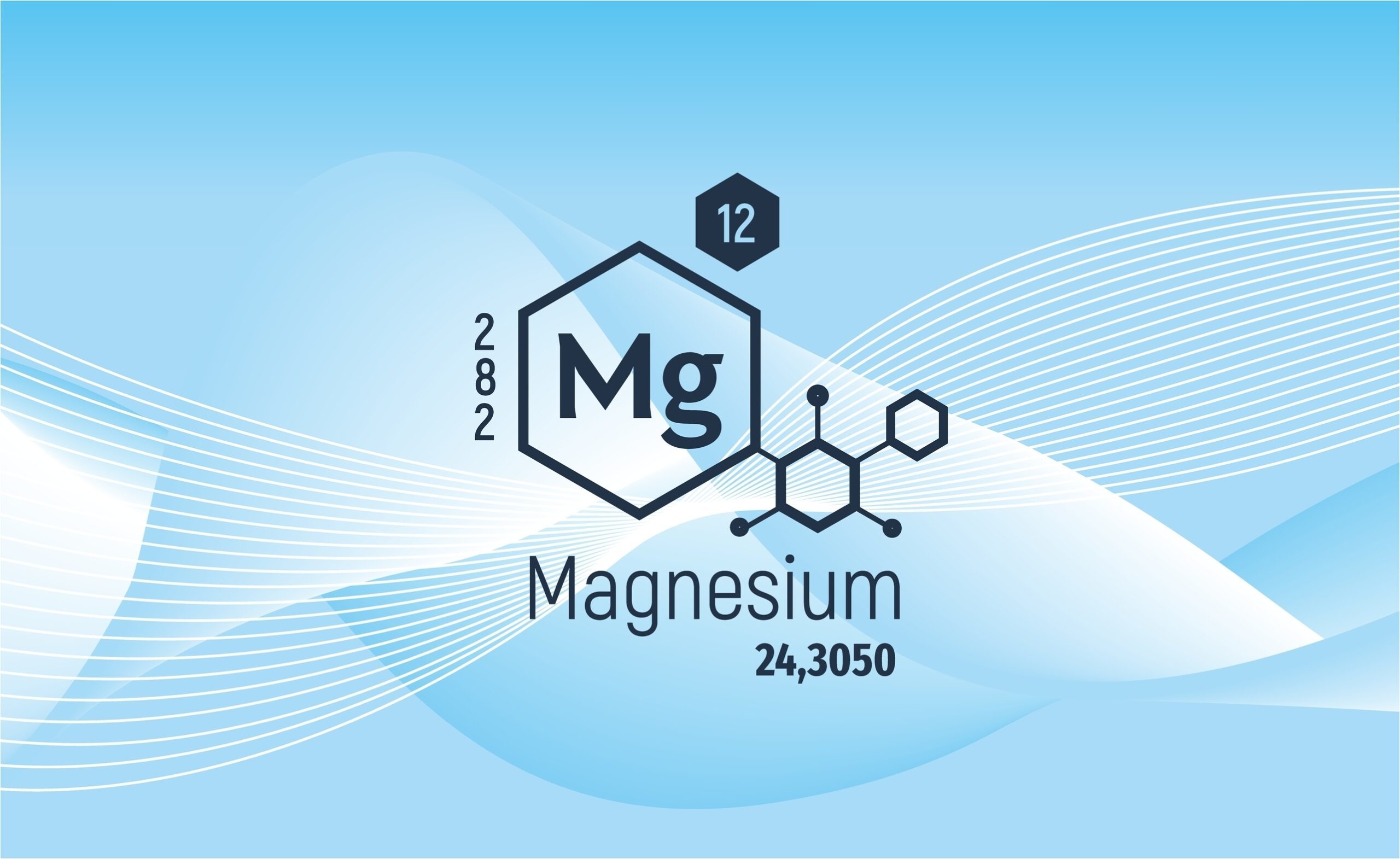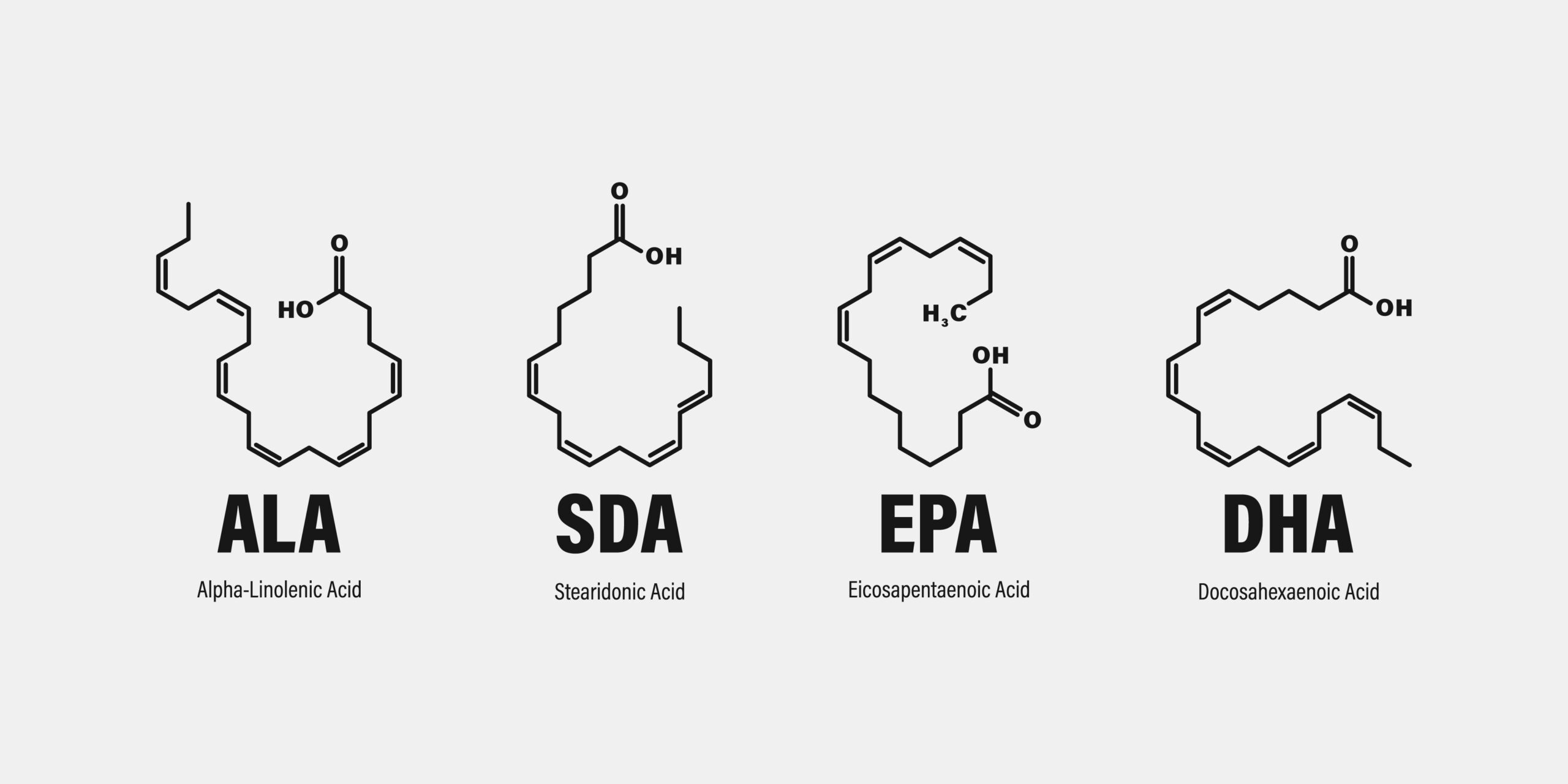Preventing Arterial Calcification: Vitamin K2
Arterial calcification is a silent but significant threat to cardiovascular health. It occurs when calcium deposits build up in the arteries, leading to stiffness, reduced elasticity, and impaired blood flow. Over time, this can contribute to high blood pressure, heart attacks, and strokes. Although calcium is widely recognized for its essential role in skeletal health, ectopic deposition within arterial walls is a significant pathological factor in the development of cardiovascular disease. One of the most promising natural interventions to prevent this process is Vitamin K2 — a little-known but critical nutrient.
What Is Arterial Calcification?
Arterial calcification involves the deposition of calcium phosphate crystals in the blood vessel walls. This condition is common in aging populations and those with chronic diseases like diabetes and kidney dysfunction. Unlike soft, pliable arteries, calcified vessels lose their flexibility, increasing the risk of serious cardiovascular events.
Interestingly, arterial calcification isn’t just a passive accumulation of calcium — it’s an active, regulated process similar to bone formation, involving various proteins and enzymes. This is where Vitamin K2 plays a crucial role.
Vitamin K2: The Calcium Traffic Controller
Vitamin K2 is a fat-soluble vitamin that acts as a cofactor for activating proteins that regulate calcium metabolism. Unlike its cousin Vitamin K1 (found mainly in leafy greens and involved in blood clotting), Vitamin K2’s primary function is to direct calcium to the right places — into bones and teeth where it is needed, and away from soft tissues like arteries where it can cause harm.
The two main proteins activated by Vitamin K2 are:
- Osteocalcin, which helps bind calcium into the bone matrix.
- Matrix Gla Protein (MGP), which acts as a potent inhibitor of vascular calcification by preventing the deposition of calcium within arterial tissues.
When Vitamin K2 is deficient, MGP remains inactive, and calcium can freely accumulate in arterial walls — leading to stiffness and plaque formation.
Scientific Evidence Supporting Vitamin K2
Research into Vitamin K2’s cardiovascular benefits is still evolving, but several studies have shown promising results:
- The Rotterdam Study (2004): This large-scale observational study found that people with the highest intake of Vitamin K2 had a 52% lower risk of arterial calcification, 50% lower risk of dying from heart disease, and 26% lower overall mortality compared to those with the lowest intake.
- Knapen et al. (2015): A randomized controlled trial showed that supplementation with MK-7 (a long-acting form of Vitamin K2) for three years improved arterial elasticity and reduced the progression of arterial stiffness in healthy postmenopausal women.
- Animal Studies: In rat models, Vitamin K2 has been shown to both prevent and even reverse arterial calcification — an effect not seen with Vitamin K1.
Sources of Vitamin K2
Vitamin K2 is relatively scarce in modern diets, especially Western ones. It is mainly found in:
- Natto (fermented soybeans, a Japanese dish) – the richest natural source of MK-7
- Hard cheeses (especially aged Gouda and Edam)
- Egg yolks, butter from grass-fed animals
- Organ meats such as liver
- Fermented foods like sauerkraut and certain yogurts
The MK-7 form is particularly beneficial due to its longer half-life in the body, allowing more consistent activation of calcium-regulating proteins.
Supplementation: Is It Worth It?
For individuals not regularly consuming fermented foods or aged cheeses, supplementation may be a practical way to ensure adequate K2 levels. Dosages ranging from 90 mcg to 200 mcg daily of MK-7 have been used in clinical studies without adverse effects.
Vitamin K2 is fat-soluble, so it’s best taken with a meal containing fat. It is also often paired with Vitamin D3, which enhances calcium absorption, while K2 ensures calcium is used properly.
Important: Anyone taking blood thinners like warfarin should consult a healthcare provider before starting Vitamin K2, as it may interfere with anticoagulant medications.
Disclaimer: This article is for informational purposes only and is not intended to replace medical advice. Always consult with a healthcare professional before beginning any new supplement, especially if you are on medication or managing a health condition.

